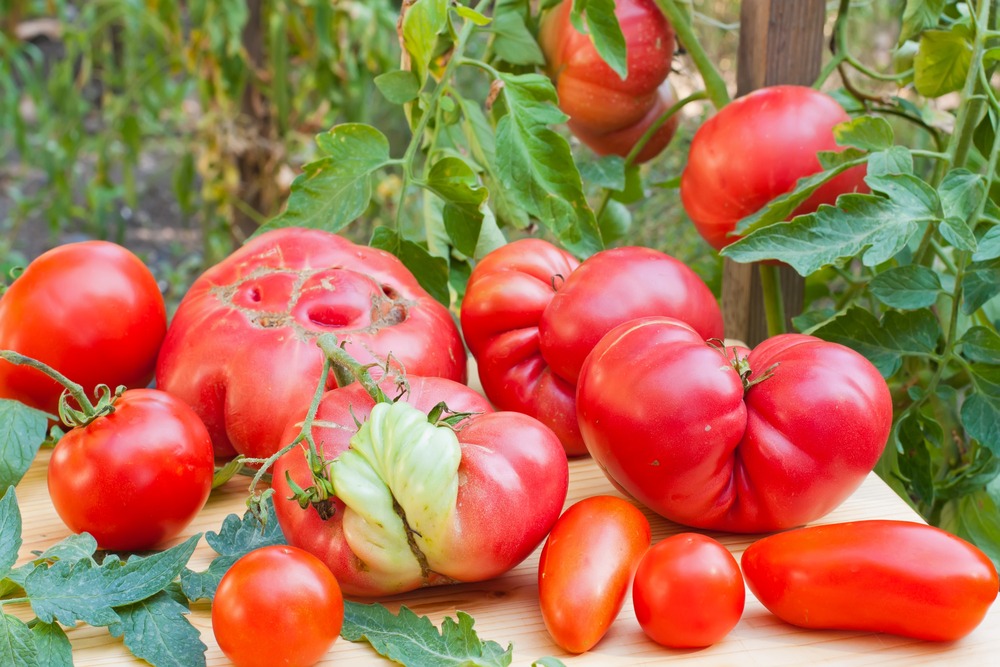Full Harvest, a B2B marketplace focused on reducing food waste, has raised $8.5 million in Series A funding led by Spark Capital, the Silicon Valley VC, with participation from agtech venture capital firm Cultivian Sandbox Ventures.
Full Harvest says it is the only business-to-business marketplace for the end-to-end purchase, sale, and logistics of surplus and imperfect produce.
One-third of food produced or prepared never makes it further than the farm or the factory, largely because its appearance does not meet the standards of grocery stores that reject ugly produce.
“Consumers are getting pickier and pickier, which means Walmart and Costco and other large players demand perfect produce and present concerted buying power to farmers,” says Christine Moseley, CEO of Full Harvest. “Growers, therefore, need to cater to those buyers first and foremost, as without them they’d be struggling, so they focus on harvesting perfect produce as much as possible.”
This often leaves fruits and vegetables un-harvested and left to rot in the fields, or thrown away by packers and processors.
Wasted food is responsible for around 8% of global greenhouse gas emissions when you take into the account the resources used to produce those unsold crops. Methane emitted when organic matter lands in the global rubbish bin also contributes to that figure.
“It is time-consuming and cumbersome for farmers to try and sell any excess or ugly food; it would take just as much time and resources as selling perfect produce but since it would sell at a significant discount, it’s not worth it for them,” said Christine. “They need technology to solve this at scale.”
Farms post the surplus produce they have available on the Full Harvest site and buyers search and place orders. Full Harvest then coordinates the full end-to-end logistics of that sale.
“We don’t physically touch the produce, but we coordinate the trucks and the buyers,” said Moseley. The process is quite high-touch at the moment, but the company is working with a logistics technology partner to automate further, she added.
The buyers on the platform are a mix of medium to large food and beverage, packaged goods, food service, and processing businesses, according to Moseley.
Early successes for Full Harvest, which Moseley described as an Airbnb for surplus produce, include increasing the profit of a large US farm by 12% per acre and reducing the time it took a national consumer packaged goods (CPG) company to procure produce by 96%. It has also saved CPG companies an average of 15% off their produce costs.
“Historically across food and agriculture there’s been a lot of fragmentation in various parts of the supply chain, so the ability to aggregate supply and demand simultaneously, in a way that’s easy to use and predictable, providing reliable and traceable goods, is a really attractive business opportunity,” said Dan Phillips from Cultivian Sandbox. This is the second marketplace investment for the VC that invested in HarvestPort last year.
“I have known Christine since soon after she started the company and have tracked her progress over the last few years. We’ve seen the business’s ability to aggregate supply from some large growing operations and at the same time aggregate large purchasers of food to really facilitate both sides of the marketplace.”
Cultivian has looked at other surplus produce marketplaces, but they have tended to focus on selling direct-to-consumers. A B2C model would make the sales and marketing strategy a very prospect, according to Phillips, who added that would be outside of Cultivian’s core competency.
Spark Capital, an early investor in big tech names like Twitter, Tumblr and Slack, is an experienced marketplace investor; it has invested in 12 marketplace companies, so has strong familiarity with the business models, according to both Phillips and Moseley.
Food waste has been a growing theme for agrifood tech investors in recent years as entrepreneurs take several different approaches to the problem. Other technology types include connected sensors to detect anomalies or problems along the cold chain with the objective of extending the shelf life of produce, while others are using biomaterials to extend shelf life such as Apeel Sciences that raised $70 million recently.
“We’ve seen well over 50 companies that are seeking to address the food waste issue specifically, but five years ago it was not something that was talked about so much,” said Phillips.
Full Harvest has helped large farms sell and deliver almost seven million pounds of produce. That seven million pounds equals the conservation of enough drinking water for seven million people for an entire year and the prevention of 2.5M KG of CO2E emissions, according to Full Harvest.
The founder of fashion company Rent the Runway Jenny Fleiss, Jon Scherr from CircleUp and Adam Zeplain of Mark.vc, also invested in the round as well as previous investors including seed round lead investor Wireframe Ventures.
The startup raised $2 million in seed funding in April 2017. It will use the proceeds of this round to expand its team by hiring between 20 and 30 new staff members in technology, sales, and operations. It also wants to significantly expand its US operation.





